Summaries of books about Philosophy:

The Critique of Pure Reason
Base Plan for Transcendental Philosophy: One of the most influential works in the history of philosophy - From the Author ... Dreams of a Spirit-Seer & Perpetual Peace
Immanuel Kant, J. M. D. Meiklejohn
The book presents a profound inquiry into the limits and structure of human cognition, arguing that experience is shaped by both sensory input and innate understanding. It introduces key concepts such as the distinction between a priori and a posteriori knowledge, the categories of understanding, and the ideas of space and time as forms of intuition, fundamentally challenging traditional metaphysics and epistemology.
See full summary
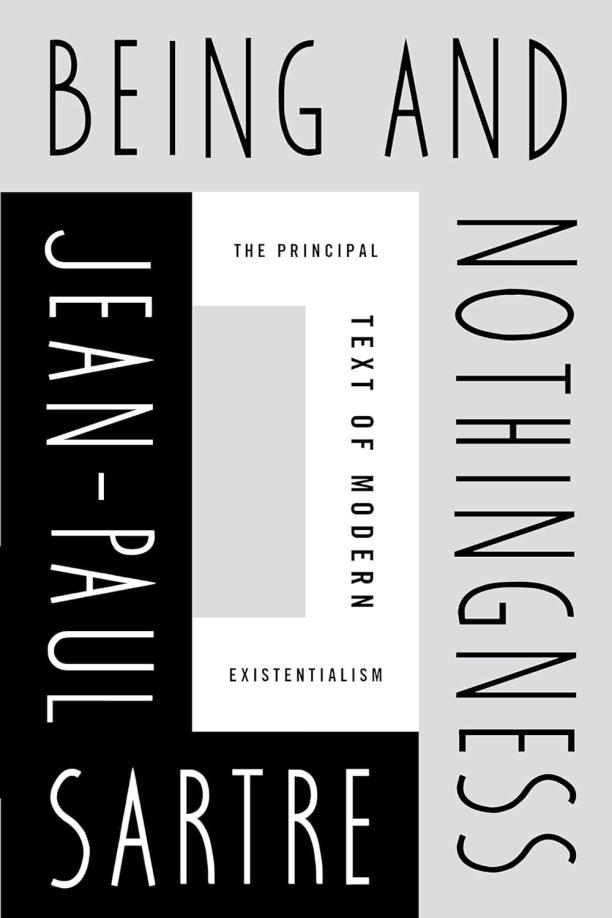
Being and Nothingness
Jean-Paul Sartre
The book is a seminal work of existentialist philosophy that explores the nature of human existence, consciousness, and freedom, arguing that individuals are fundamentally free to make choices and create their own meaning in a world without inherent purpose. It delves into concepts such as bad faith, the Other, and the look, examining how people relate to themselves, others, and the world around them.
See full summary

Silence
In the Age of Noise
Erling Kagge
The book explores the author's personal experiences and philosophical reflections on the concept of silence, examining its importance in a world overwhelmed by noise and distraction. It delves into how silence can be found and the profound impact it can have on our well-being, creativity, and connection to the world.
See full summary
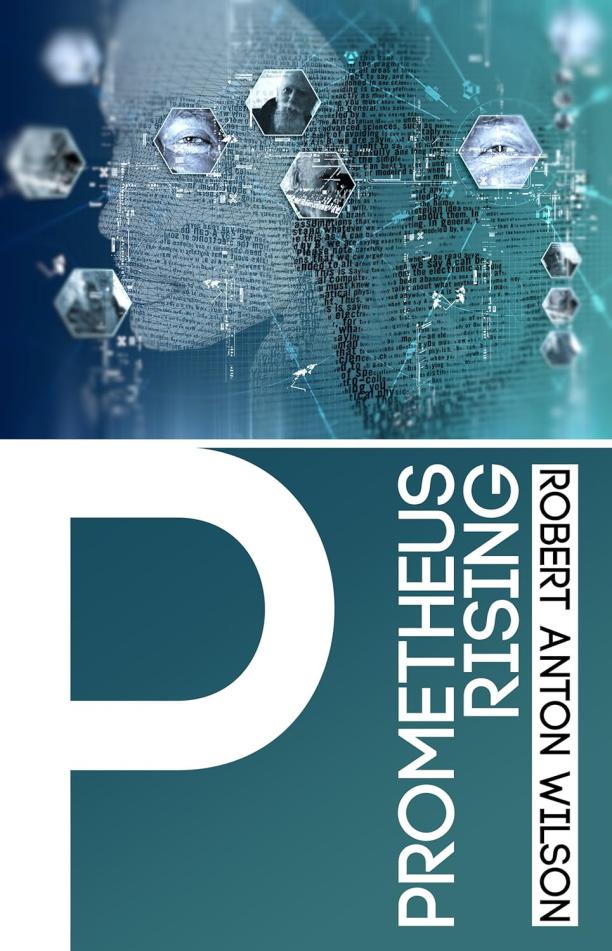
Prometheus Rising
Robert Anton Wilson
The book explores the human mind and how it can be programmed and reprogrammed using various methods, drawing on Timothy Leary's Eight Circuit Model of Consciousness. It combines psychology, sociology, and quantum physics to present techniques for personal growth and expanded consciousness.
See full summary

Nine Nasty Words
English in the Gutter: Then, Now, and Forever
John McWhorter
The book delves into the history and evolution of English swear words, examining their linguistic origins, cultural significance, and the ways in which they reflect societal taboos and changes. It explores the power, versatility, and emotional resonance of these words, while also considering their place in modern discourse and censorship.
See full summary
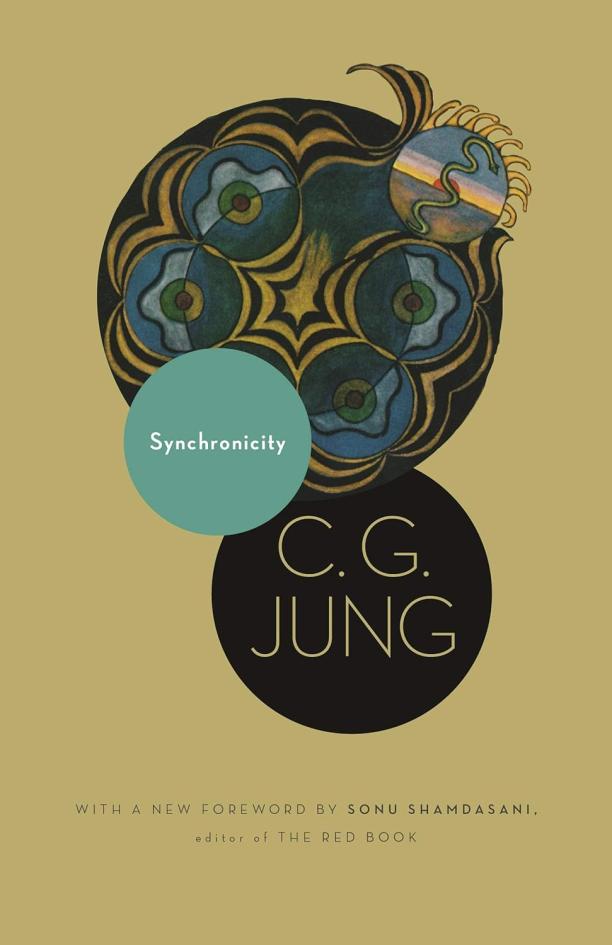
Synchronicity
An Acausal Connecting Principle.
C. G. Jung
The book explores the concept of synchronicity, a term coined by Jung to describe the meaningful coincidences that occur in life, which he argues are connected not by causality but by a deeper, acausal principle. It delves into the relationship between these synchronistic events and the human psyche, examining how they reveal the underlying framework of a collective unconscious and challenge the conventional scientific understanding of the universe.
See full summary
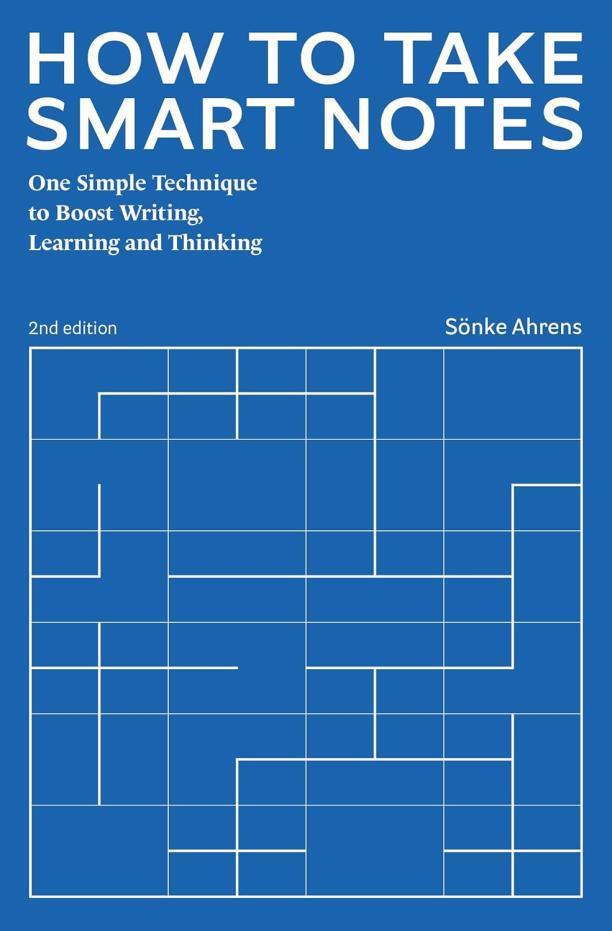
How to Take Smart Notes
One Simple Technique to Boost Writing, Learning and Thinking
Sönke Ahrens
The book presents the Zettelkasten method, a note-taking system that helps users efficiently organize, retain, and develop ideas for writing and learning. It guides readers through the process of creating a network of interconnected notes that enhance understanding and creativity.
See full summary
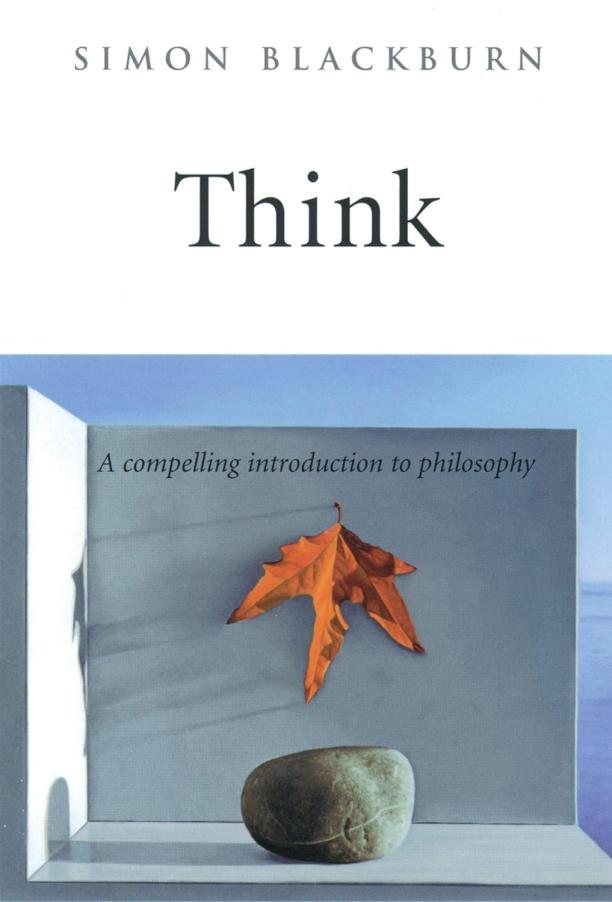
Think
A Compelling Introduction to Philosophy
Simon Blackburn
The book provides an accessible exploration of fundamental philosophical concepts, issues, and debates, ranging from knowledge, mind, and free will to the nature of reality, God, and ethics. It engages readers with philosophical thinking through clear explanations, thought experiments, and discussions of the contributions of famous philosophers.
See full summary
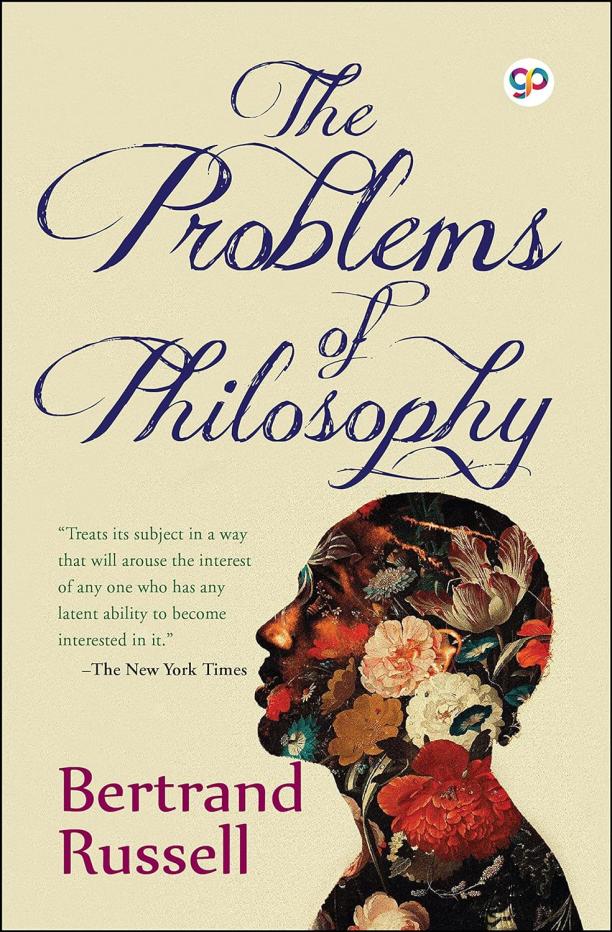
The Problems of Philosophy
Bertrand Russell
The book offers an accessible introduction to the fundamental concepts and questions of philosophy, examining topics such as the nature of reality, the limits of human knowledge, and the validity of logical reasoning. It explores philosophical problems through a critical lens, encouraging readers to ponder the relationship between subjective perception and objective truth.
See full summary
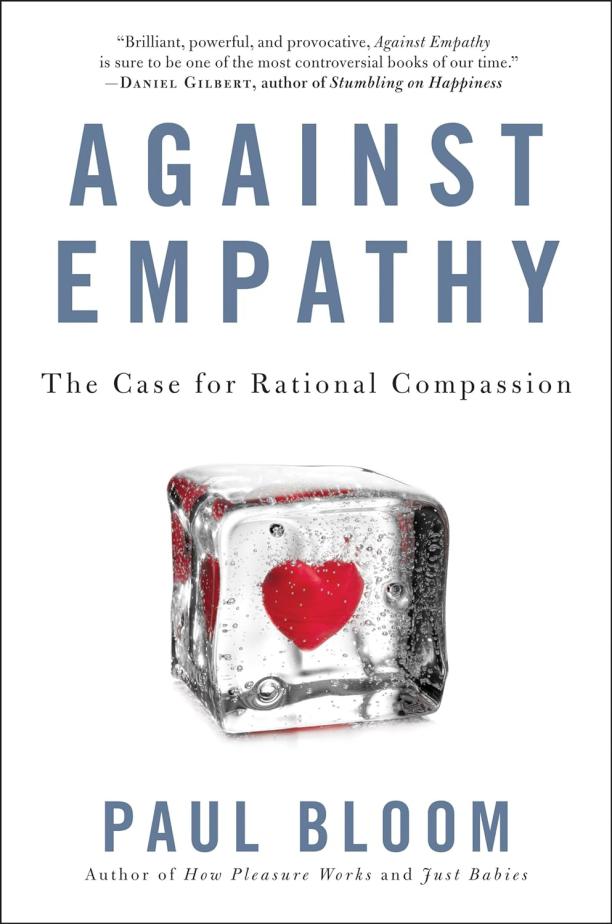
Against Empathy
The Case for Rational Compassion
Paul Bloom
The book argues that empathy is a flawed emotion that leads to biased and irrational decision-making, advocating instead for a more measured and principled approach to caring for others through the concept of rational compassion. It critiques the ways empathy can misguide moral judgments and actions, and suggests that a focus on justice and the greater good is a more effective and ethical way to address social issues.
See full summary